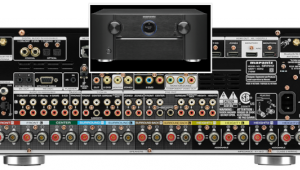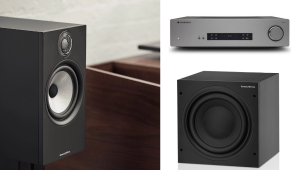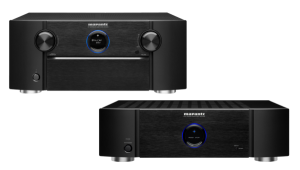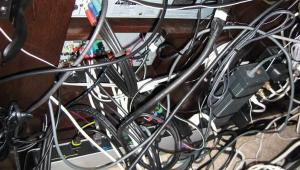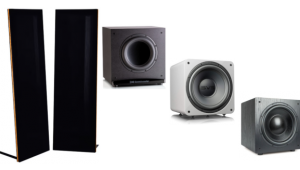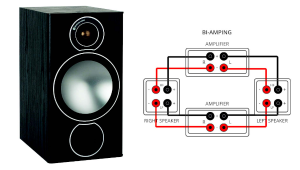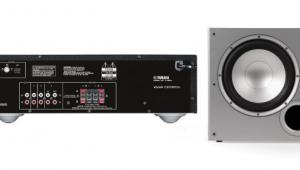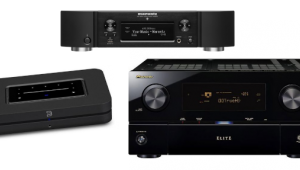Should I Buy a 240Hz TV to Watch Sports?

Q I went to Best Buy looking for a TV with the highest possible refresh rate. (I like to watch sports.)
The salesperson there explained to me that buying a 240Hz TV would —be a waste of money since there are no broadcasts with that frame rate—TV networks, cable, and satellite providers all transmit either 60Hz or 120Hz signals. He also said that if a set receives a signal that doesn’t match from its native refresh rate (240 Hz, for example), it can’t convert it. Was the salesman right, or I should follow through with my initial plan to buy a 240Hz set? —Nelson Aleman
A The BB salesman was right about one thing: there isn’t any 240 frames-per-second (fps) content available via network TV, cable, satellite, or any other source for that matter. Where he tripped up is in telling you that program providers transmit 120 fps content (not true), and that if a TV receives a signal that’s different from its native refresh rate, it won’t be able to convert it. Let’s dive into that last point.
Most TVs are spec’d as having either a 60 Hz, 120 Hz, or 240 Hz refresh rate. When the set receives a lower fps signal, it will either duplicate existing frames in the source to match its native refresh rate (e.g., each frame is duplicated 5x to hit 120Hz with 24 fps movies on Blu-ray), or interpolate them, creating new “in-between” images from the information contained in adjacent frames. (This latter setting is the cause of the Soap Opera Effect with film-based content, though it doesn’t have the same impact on video-originated programming like sports.)
Bottom line: You’re on the right track in seeking out a TV with a high refresh rate for sports, since that’s exactly the type of content that could benefit from it. Having said that, I’ll add two caveats: 1) the blur-busting effects of interpolation processing aren’t nearly as dramatic as TV makers would have you believe; 2) the performance differences between 120 Hz and 240 Hz displays are similarly elusive.
